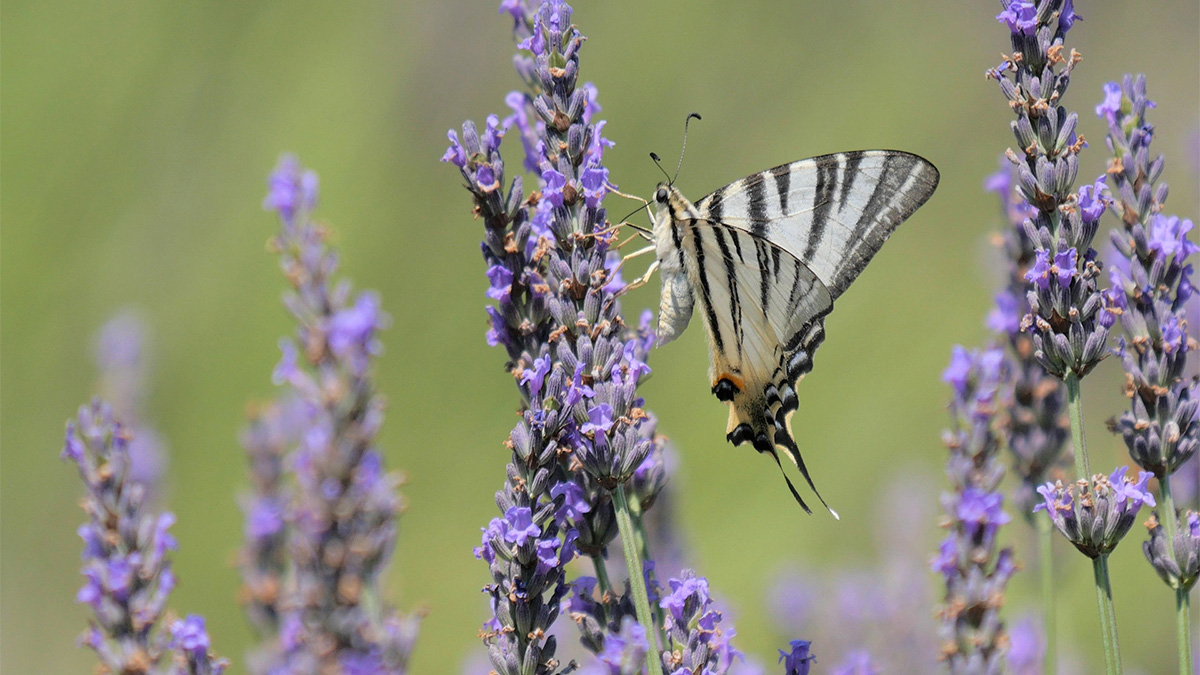Though we celebrate the new year in January, the earth celebrates in spring! March is here, and the season for beautiful blooms, baby deer, spring rain showers, and of course, bugs, is just around the corner. Homeowners across the nation struggle with keeping those pesky pests at bay. Americans spend more than $26 billion every year on pest control. The best way to treat an infestation is to stop it from happening in the first place. Cleaning up leftover food and keeping your sliding glass doors closed aren’t the only things you can do to prevent bugs and rodents! Prepare for spring this March with a few tips to keep your home and garden safe from pests.
Plant Fruit trees away from home

A beautiful orchard of trees, ripe with homegrown fruit, can be the crown of any garden. Unfortunately, with fruit trees comes falling, rotting fruit. This is very attractive for little rats, mice, and other rodents who want to nibble their way in your yard. Keeping your fruit trees a safe distance from your home, harvesting fruit when ripe, and collecting the fallen fruit before it starts to rot will help safeguard against rodents and insects.
Select pest-resistant plants
Lavender, Basil, Mint, Marigolds, and chrysanthemums are all just a few examples of Pest-resistant plants. While no garden can (or should!) be entirely bug-free, a carefully curated selection of plants can help to reduce infestations. Research common pests in your area to select the best options for your garden!

Physical Safeguard and Barriers

While it may seem obvious, one way to protect your garden from pests is with a physical barrier such as a fence, row covers, netting, or sealed greenhouses. Row covers and netting can keep out larger bugs. A good fence can help prevent grazing animals as well as burrowing rodents.
Implementing Natural Defenders
Work with mother nature to care for your garden. Not all bugs are a threat. Carnivorous bugs, such as nymph ladybugs, will eat other pests and are commonly used to maintain homeostasis. Honey bees, lacewings, and dragonflies can all help to naturally keep pest populations under control.






